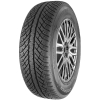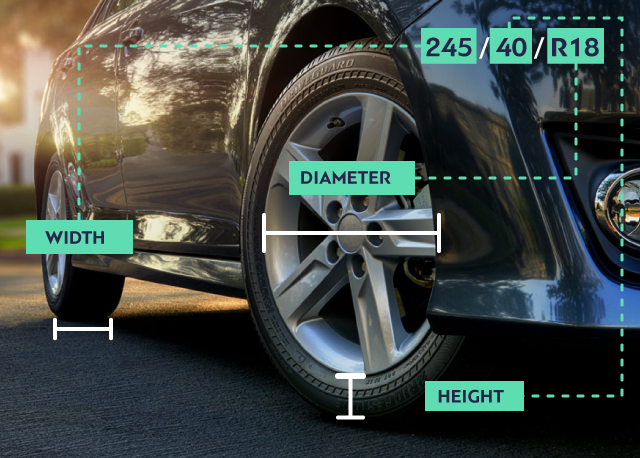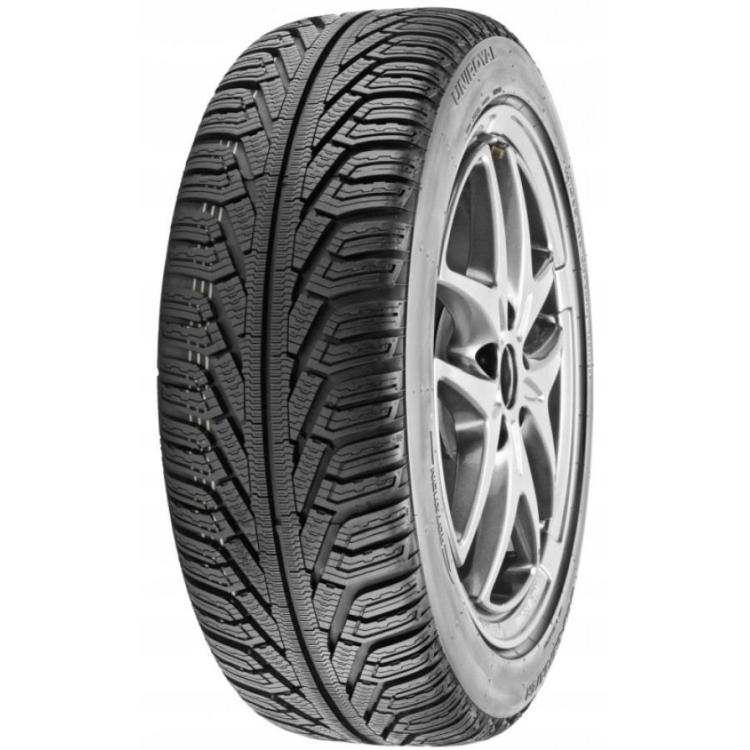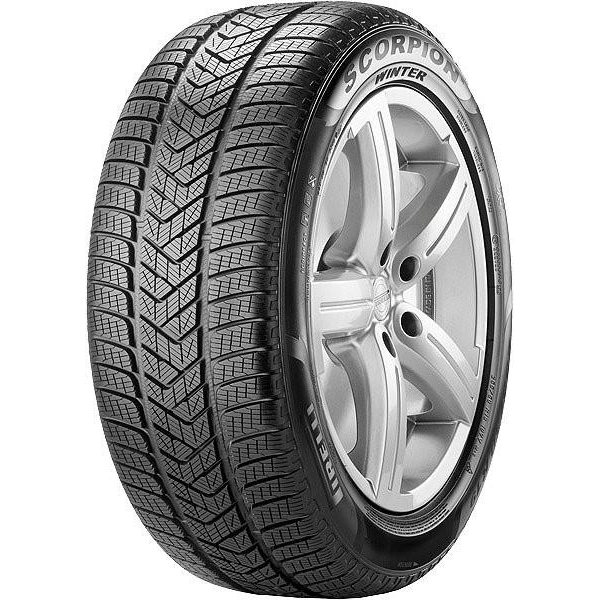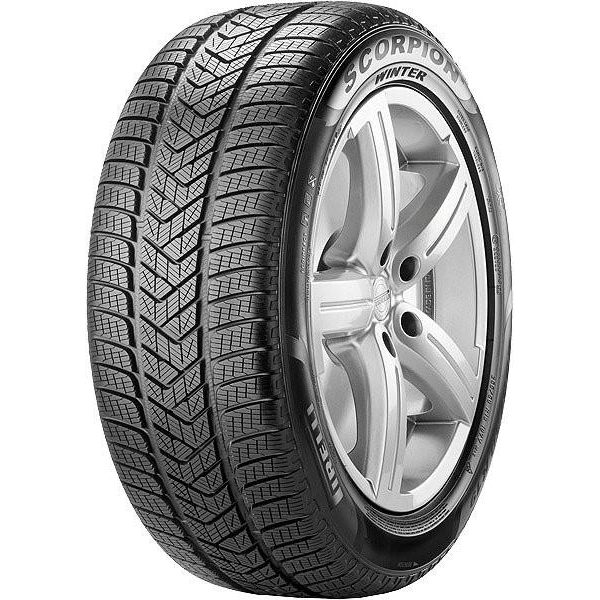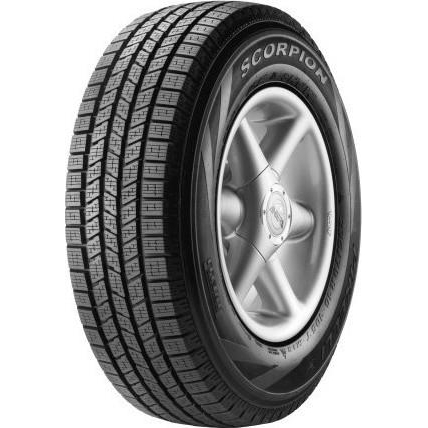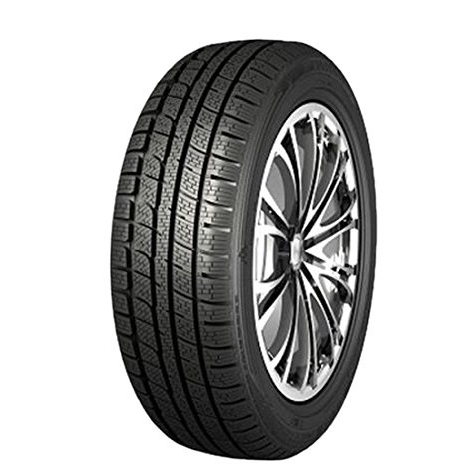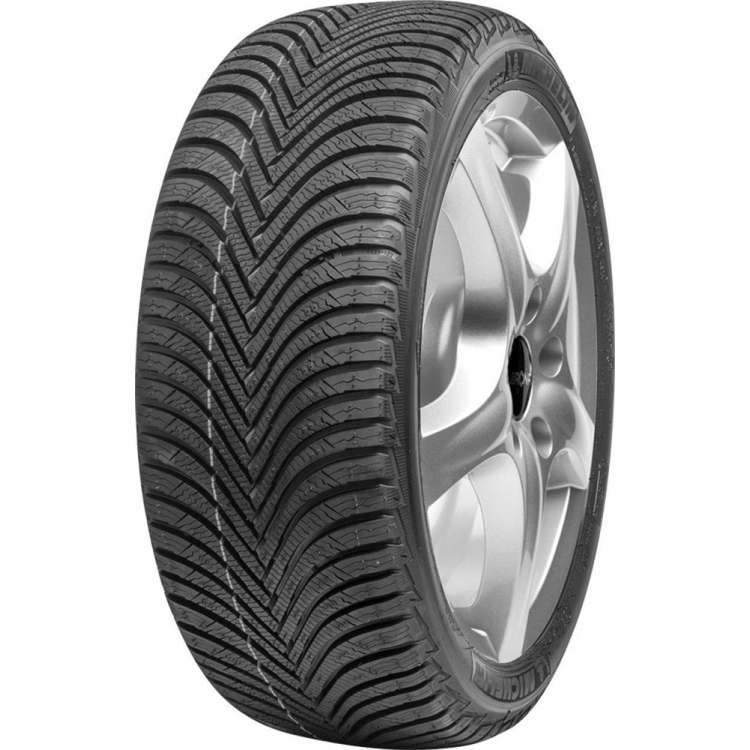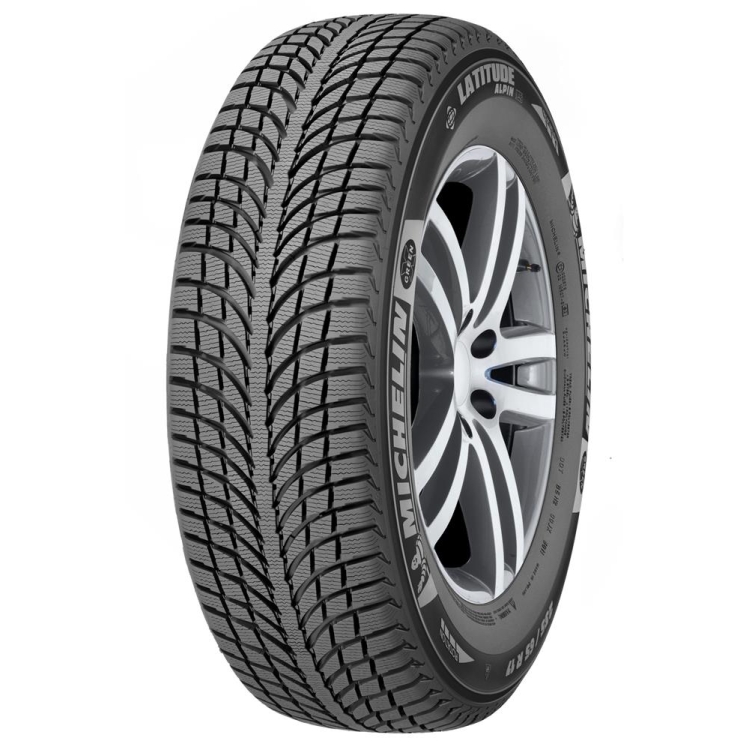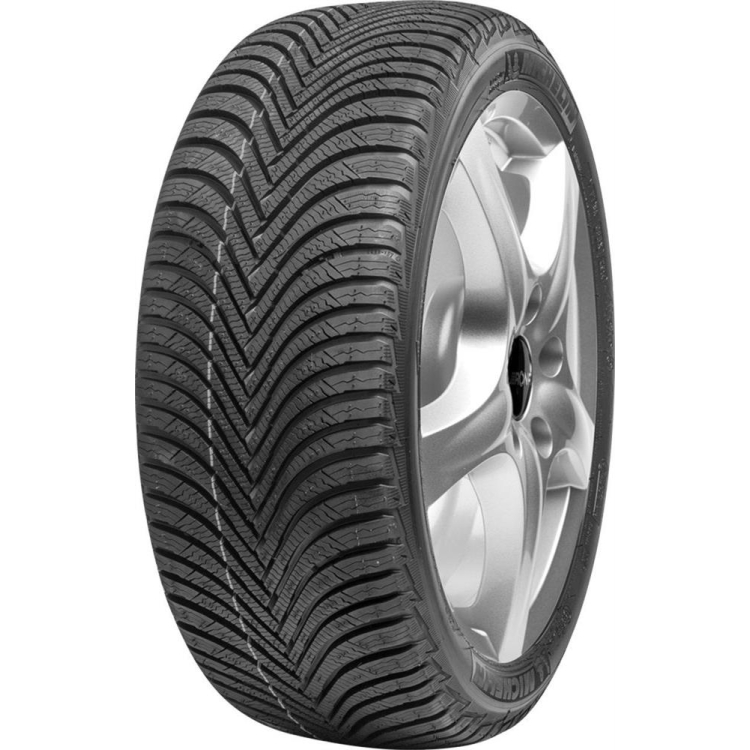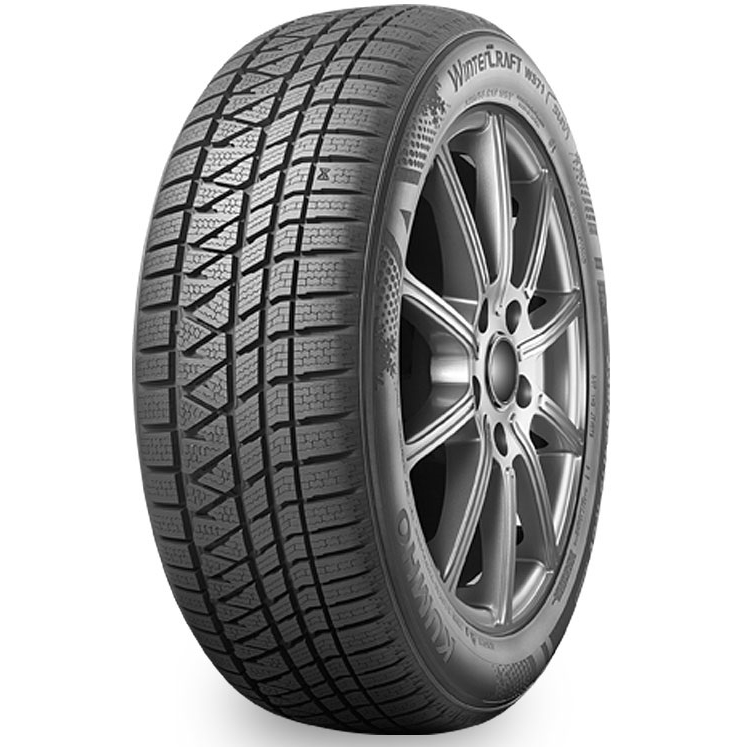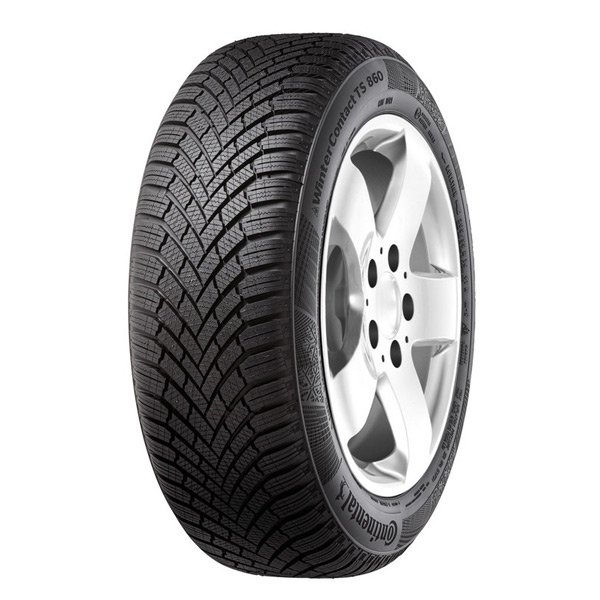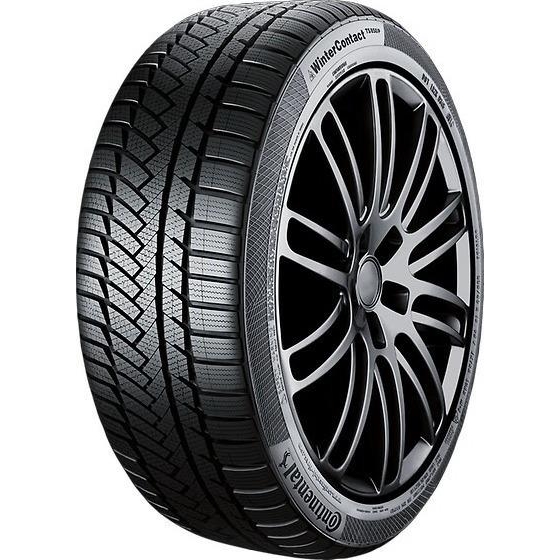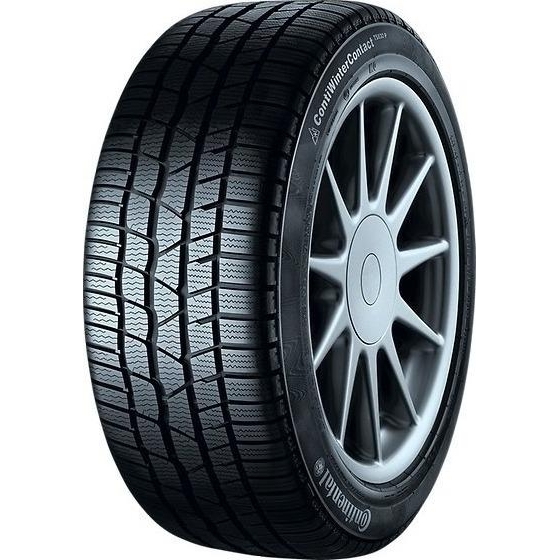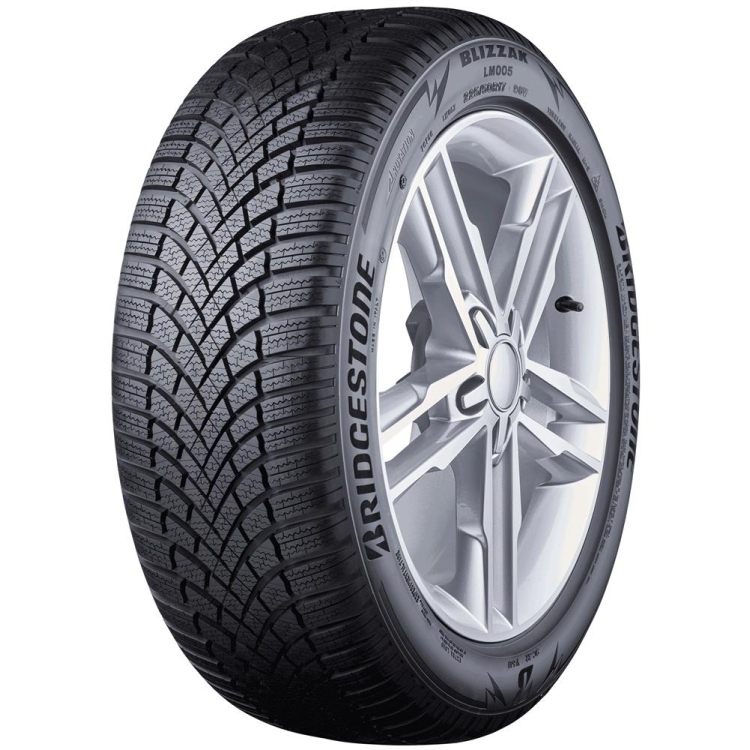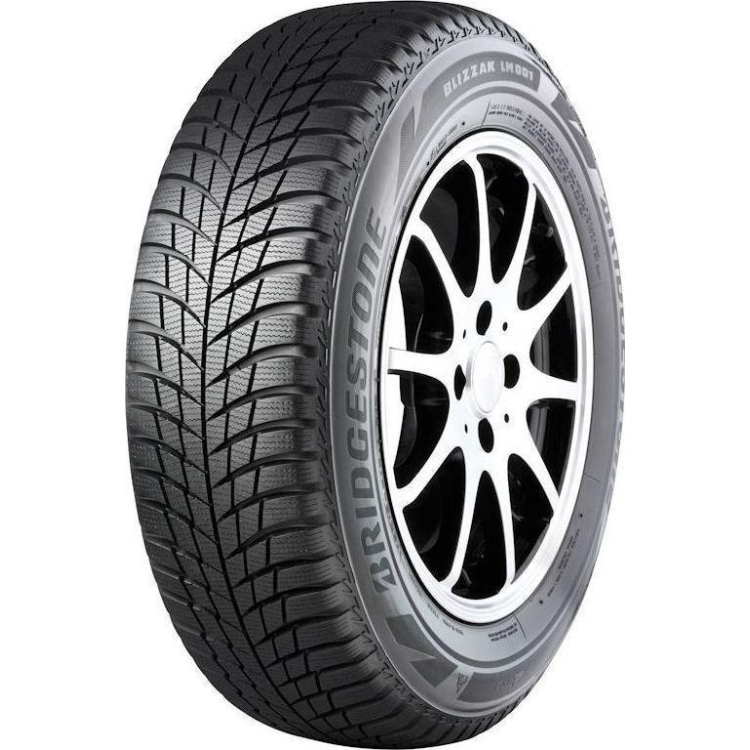

Tyres Cooper 275/45/20 DISCOVERER WINTER 110V XL for SUV/4x4
WHILE STOCK LAST
- Description
- Videos
- Attributes
- Interest rates
- F.A.Q.
- Country of origin
- Payment methods
- Wheel alignment
Description
On-road comfort with off-road durability. Maximum traction and handling on wet roads.
DRY PERFORMANCE: The tire's ability to grip the road in dry conditions.
WET PERFORMANCE: The tire's ability to grip the road in wet conditions.
TREAD WEAR: The percentage of tire wear.
QUIET RIDE: The measure of how quiet a tire is when driving.
HANDLING: How the tire can respond to driving such as acceleration, braking, steering and cornering.
OFF ROAD: The tire's ability to grip unpaved surfaces such as dirt, mud, sand, rock or gravel.
SNOW GROOVE TECHNOLOGY: Patented saw-tooth technology traps snow in the tread to provide superior snow traction.
AQUA VAC CHANNELS: Uniquely shaped, deep central grooves improve the tire's resistance to aquaplaning.
SAFE HOLD ALL TERRAIN DESIGN: Specially designed 5-sided all-terrain pattern provides greater off-road handling and improved wet/dry traction.
Zigzag mudguards improve vehicle stability while reducing stone retention.
The zig-zags create more sharp edges for optimal wet/dry traction.
Videos
Files
Interest rates
E-elastika allows you to pay in interest-free installments by credit card.
F.A.Q.
1) When should I change tires; A general rule is that the average lifespan of a tire is 40,000 km or four years. 2) Do the tires have an expiration date? How dangerous is it to put old tires in my car? The lifespan of a tire is a function of the storage conditions, stacking, shifting and service, in which the tire has suffered during its lifetime (load, speed, air pressure, damage due to driving, etc.). The exact identification of lifespan of a particular tire in real time is not possible. With the right storage conditions, a tire that is fresh, kept in abnormal conditions, it can be more dangerous than a stale one. Therefore the storage conditions and not the date of manufacture are the key to the safety of a tire. However, it is advisable all the tires that have been manufactured for more than 10 years to be replaced. 3) Where does the production date of the tire appear? In order to be able to control the date of manufacture of the tire, the largest tire companies use a common coding system. This code is on the side wall of your tire and is a four-digit number. The first two digits of the 4 digits identify the construction week, while the last two digits identify the year of manufacture. E.g. a tire with the number 45/21 was manufactured in the 45th week of 2021. 4) Do I need to put on winter tires? If so, when? On wet and slippery roads, winter tires offer much better traction than summer tires. So, in snow or frost conditions they respond much better due to the special layout they have, eliminating larger amounts of snow and water. Winter tires have the property of heating more easily at low temperatures in contrast to summer tires, which harden and don't have the same traction on the road. Experts recommend the installation of winter tires when the temperature drops below 7 degrees Celsius. When the use of winter tires is done only in the winter months their lifespan is much longer and can reach up to 5 winters! 5) How important is the tire pressure and when should it be checked? Tire pressure plays an important role in the lifespan and the safe performance of your tires. Tire pressures are defined separately for each vehicle model by tire and car manufacturers. You can advise the user manual or look at the side wall of the tire in order to find the right tire pressure for your vehicle. The tire pressure should be checked approximately every two weeks when they are cold, namely when the vehicle has not been moved for at least one hour. The change of weather conditions can affect the tire pressure. You can check the pressure of your tires at your local workshop or service station. 6) Why is it important to change the position of the tires and how often should it be done? The front tires of the vehicle usually wear out faster than the rear tires. If you change their positions frequently, this helps them to wear more evenly and reach the maximum life of the sole. The replacement of the tires position, however, can't correct wear problems due to incorrect inflation pressures. It is advisable the change of the position of the tires as soon as possible if you notice uneven wear or if they emit low noise while driving on a smooth road.
Country of origin
The country of origin of the tire Cooper is USA. However tires are produced not only in USA but in many other countries where there are tire factories. It is difficult to say who is the manufacturer of a particular product. The quality of the tire does not depend on the place of production. The tires that are manufactured for example in Germany, England are of the same high quality. Therefore, no one can distinguish a tire produced in Japan from a similar one produced in a German factory.
 English
English  Ελληνικά
Ελληνικά 
